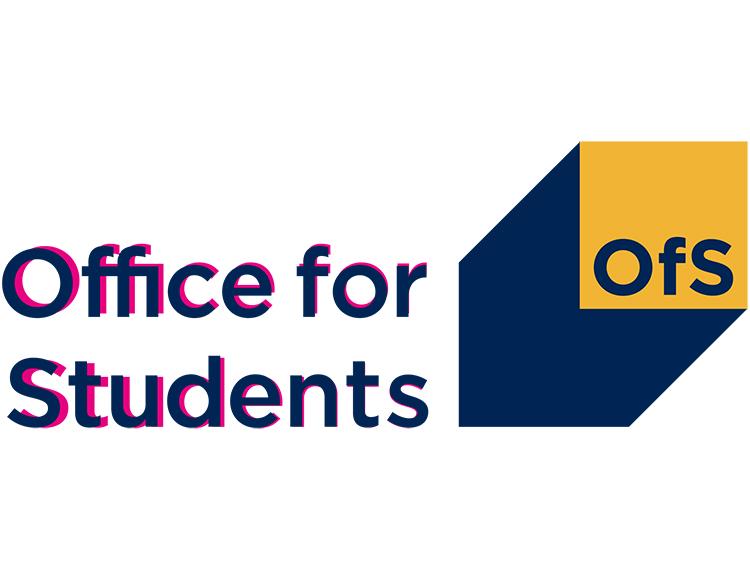What is really going on with arts funding in higher education?

@OfficeStudents understand that recent reports concerning proposals to reduce funding for arts subjects in higher education in England have caused some concern.
However, it is important to clarify the extent of the proposed changes, which may have been overstated in some discussions.
What is happening?
Some reporting has implied that the Office for Students (OfS) is proposing a 50 per cent cut in the level of overall funding for students on arts courses. This is not the case. Universities and colleges will continue to receive the full tuition fee loan for students on these courses (up to £9,250).
The proposed reduction relates to a much smaller subsidy that is currently provided by the OfS, designed to help universities and colleges deliver subjects that are expensive to teach. For arts subjects, this subsidy currently works out at around £243 per full-time student per year. It is paid to universities and colleges, not given directly to students. Under the proposals, this subsidy would be reduced by 50 per cent to £121.50 per student per year – equivalent to a reduction of around 1 per cent of the combined tuition fee and OfS funding. This does not include other funding streams, such as the additional premiums we give to universities and colleges to support disadvantaged students, which we intend to maintain.
Alongside this, we plan to increase funding for specialist institutions from £43 million to £53 million. This funding stream directly benefits a range of world-leading arts institutions including drama schools, conservatoires, art schools and music colleges.
Why make these changes?
The OfS has a fixed and limited funding budget that is set annually by central government. This budget is used to support an array of activities, from providing additional funding for medicine and nursing degrees, supporting disadvantaged students, and providing initiatives to support student mental health. Adjustments to the way we distribute additional funding to high-cost courses is one of several areas in which we are considering making changes.
Our funding budget will have to stretch further in the coming years with significant growth forecast in student numbers – particularly in courses that are more expensive to teach (we have already seen significant increases in applications to nursing and medicine courses this year). The government has also highlighted professional shortages in scientists, engineers, medical and dental practitioners, nurses and midwives, and the importance of supporting STEM and healthcare subjects in guidance to the OfS. In this context we need to make difficult decisions about how to prioritise our increasingly constrained funding budget.
What next?
The OfS has been consulting on these proposals since March. Everyone has had the opportunity to respond to this consultation and we will consider all responses before making any final decisions.











Responses